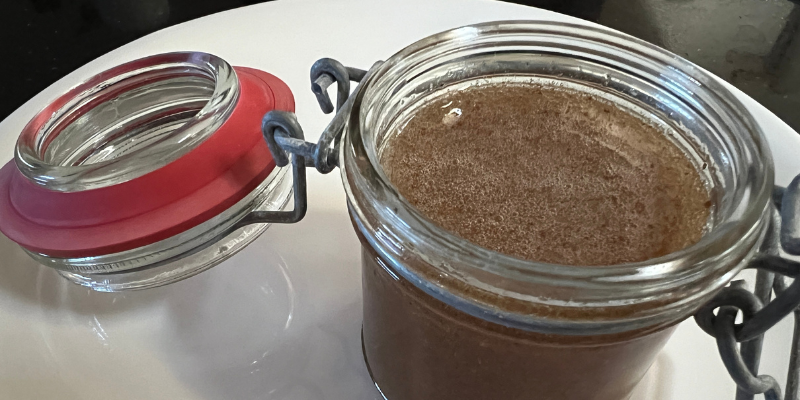For thousands of years, humans have used plants for medicine. A tradition passed down through families and folklore. Though herbal remedies are still the sole source of medication in part of the world. Some might believe that in a first world country we don’t need such simple remedies anymore. But the truth is that herbal remedies are still very much in demand. I offer functional herbal therapy because my patients recognise that plants offer, for the most part, safe and gentle medicine. And, sometimes gentle medicine is enough.
Functional herbal therapy and chronic disease
Herbal medicine can treat both acute and chronic conditions. But as a medical herbalist, most of my patients suffer from chronic disease. And here, it is important to identify the underlying causes of the problem and treat those first.
As part of my training I learned to conduct a comprehensive health assessment. Including a physical exam where necessary. I learned to personalise my patient’s treatments. To choose the herbs that would bring their body back into balance. And to treat their body as a whole. To holistically urge the body to heal itself with a helping hand (or herb). My methods and choices steeped in tradition but also informed by modern research. Research that provides the evidence base, and often confirms the traditional use of herbs. In trained hands, herbal medicine is effective, safe and supportive. It works with our body and promotes true healing.
Not that I would want to be without the option of modern, acute and emergency medical care. I believe that surgery and antibiotics have their place. But I also believe that prevention is better than cure. And herbal medicine is as much about improving health as treating illness. Strengthening the body so that it can resist illness and infection.
In contrast to herbal medicine, conventional medicine has little time for health promotion. Conventional medicine suppresses or treats symptoms. Perhaps preventing disease progression. But leaving many people resigned to taking lifelong medication. Usually without addressing the reason for the disease or condition, or hope of a cure.
Functional medicine
I believe we should improve health and build vitality, to prevent future ill health. And that is why I have added functional medicine principles to my practice. Because, it offers another layer to healthcare.
Functional medicine sees health and disease in a continuum. On which we can detect small changes in bodily function using detailed lab testing. After all, a decline in function may be identified before signs or symptoms develop. In chronic disease, we can identify the underlying causes and treat accordingly. Then progress is monitored by follow up testing.
Following the principles of functional medicine the underlying causes of illness, can be diagnosed, such as:
- allergy
- infection
- diet, including nutrient deficiencies
- stress
- toxins
Then the treatment will typically progress through several layers. Restoring balance as well as improving function, by
- encouraging a nutrient-dense, whole foods diet
- removing allergens, environmental or dietary
- addressing any gut problems, including leaky gut, infections or parasites
- optimising nutrient status with supplements if necessary
- balancing hormones, adrenal stress, thyroid dysfunction
- detoxification, with nutrients and herbs
Functional herbal therapy includes a broad range of interventions. Including dietary advice, lifestyle changes, stress management, nutritional supplements, nutraceuticals and herbs. Functional medicine empowers patients and directs treatments.
The ultimate goal of functional medicine is to help patients achieve their optimal health. Achieved through personalised care plans, treatment and support. It is the future of medicine. Where prevention is better than cure.








0 Comments